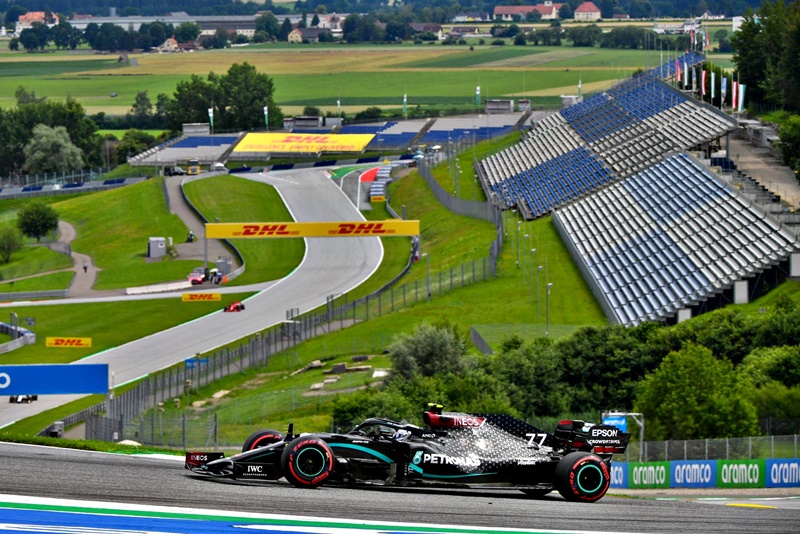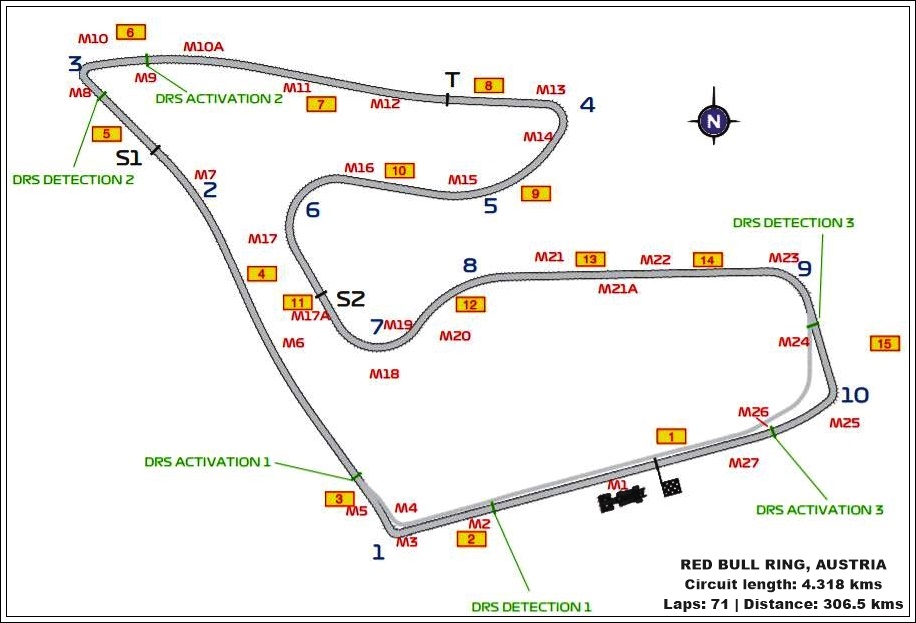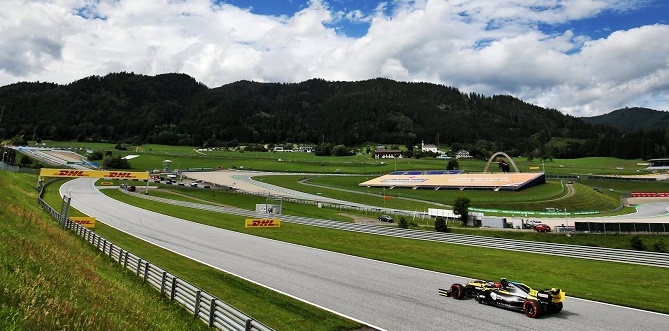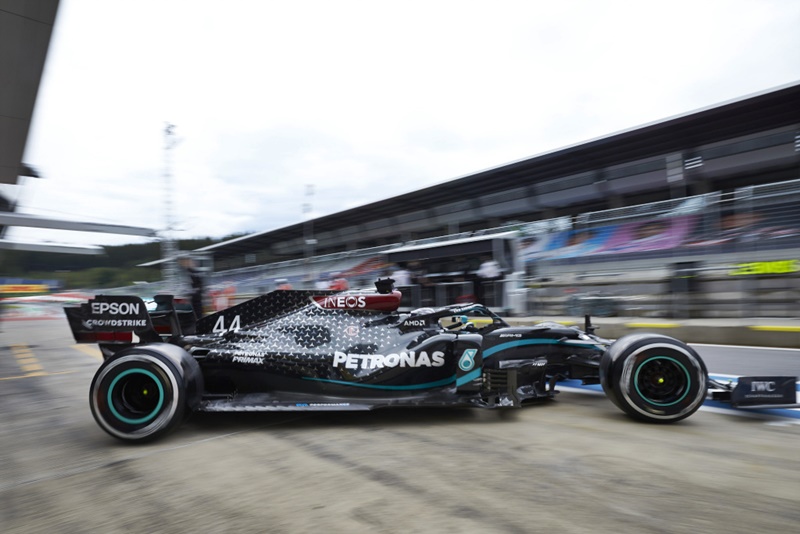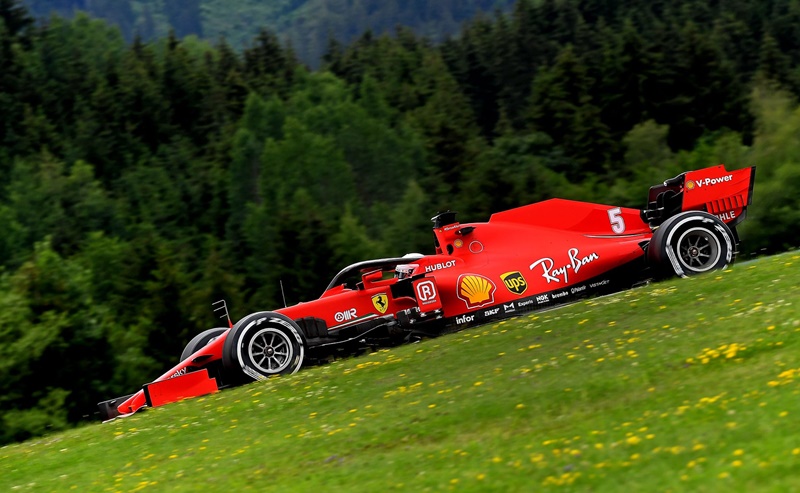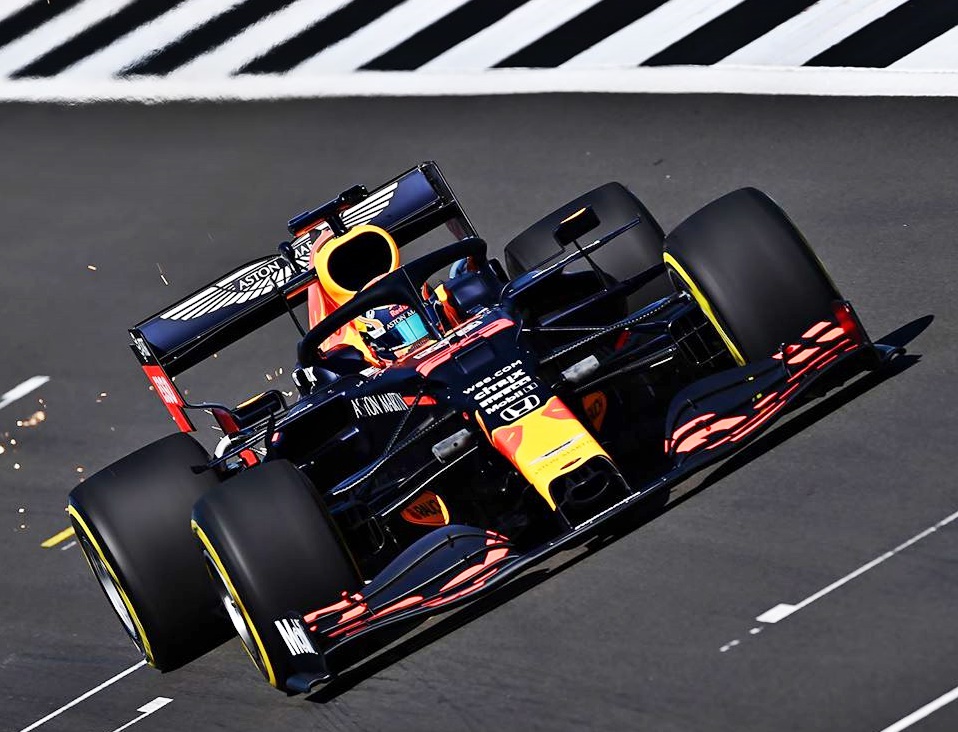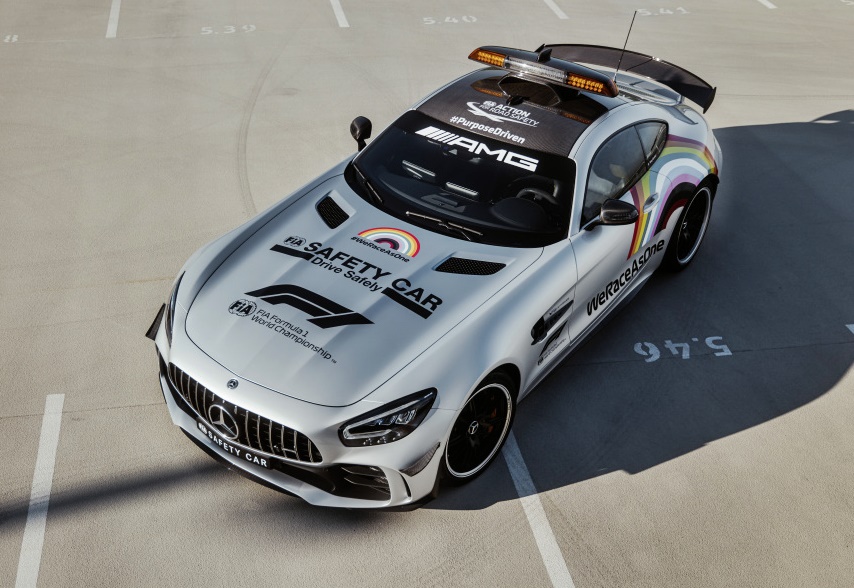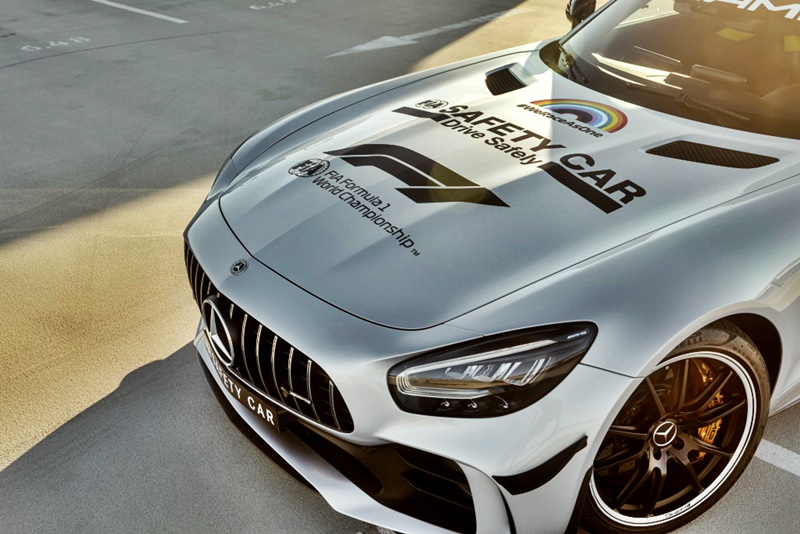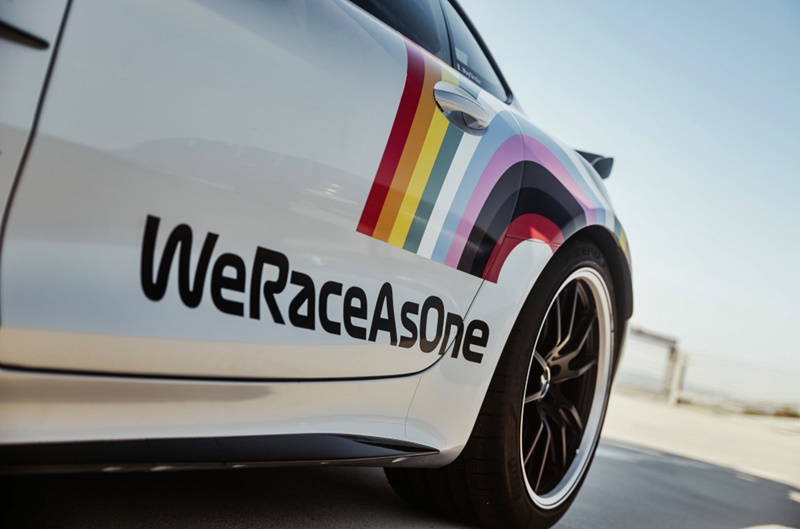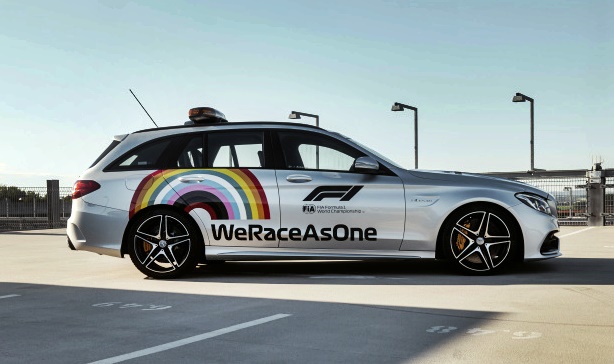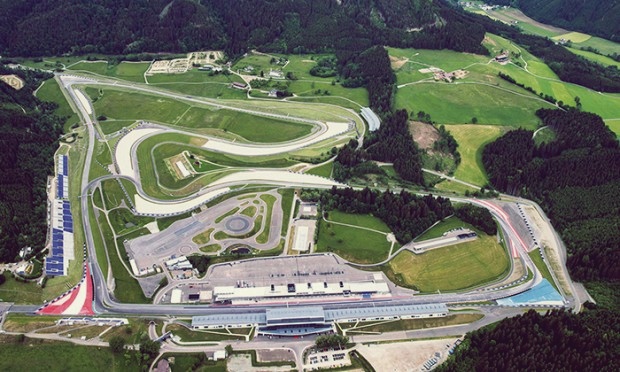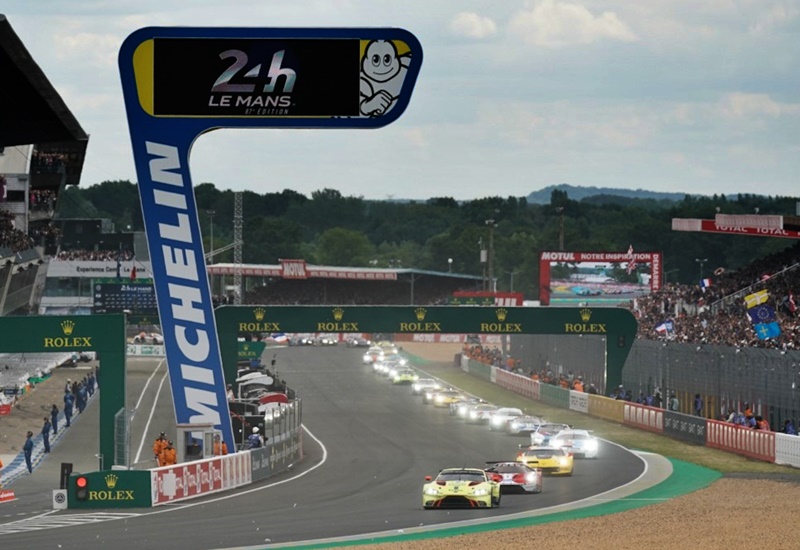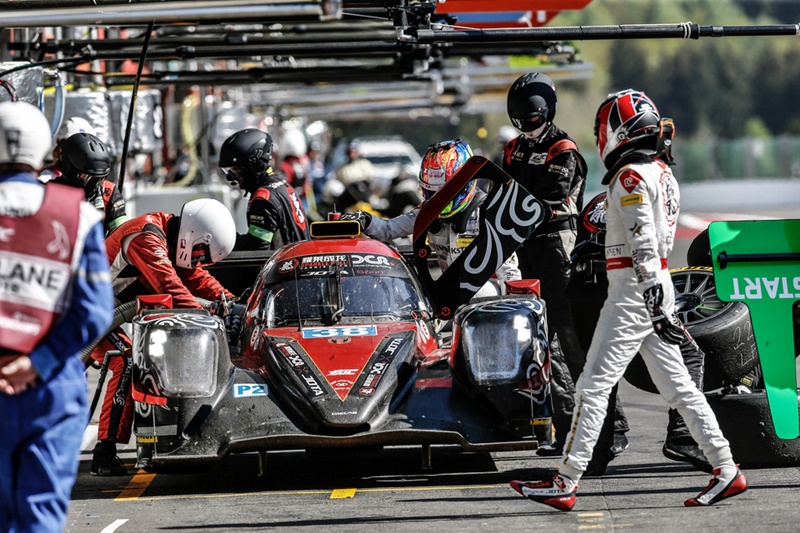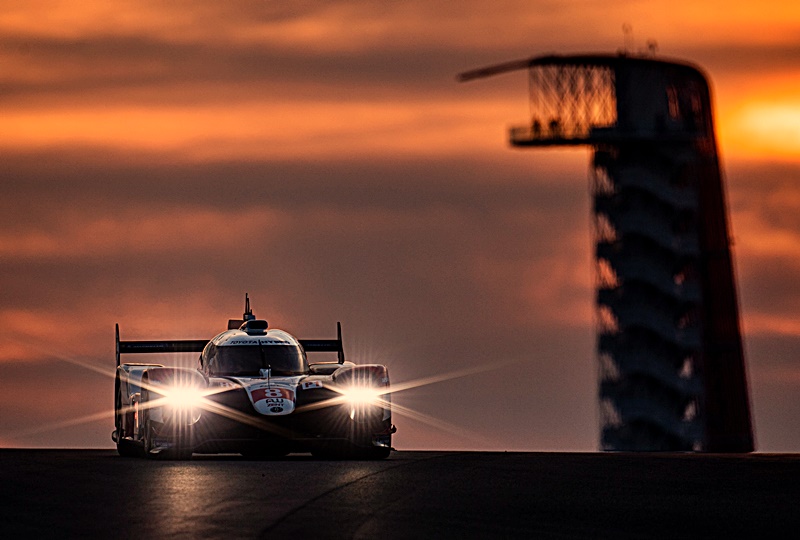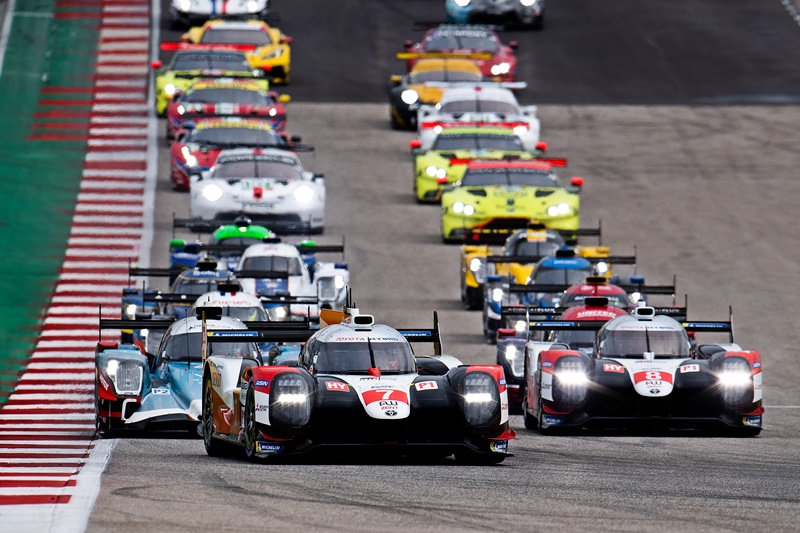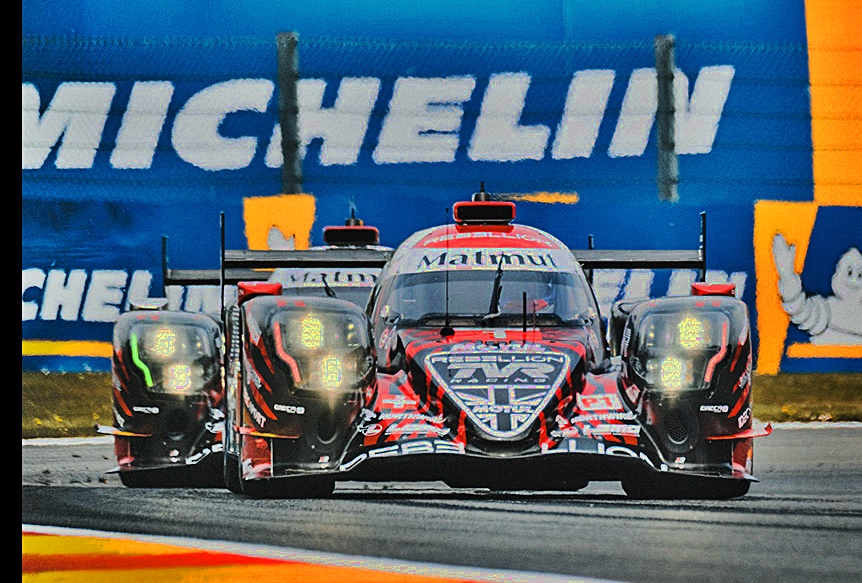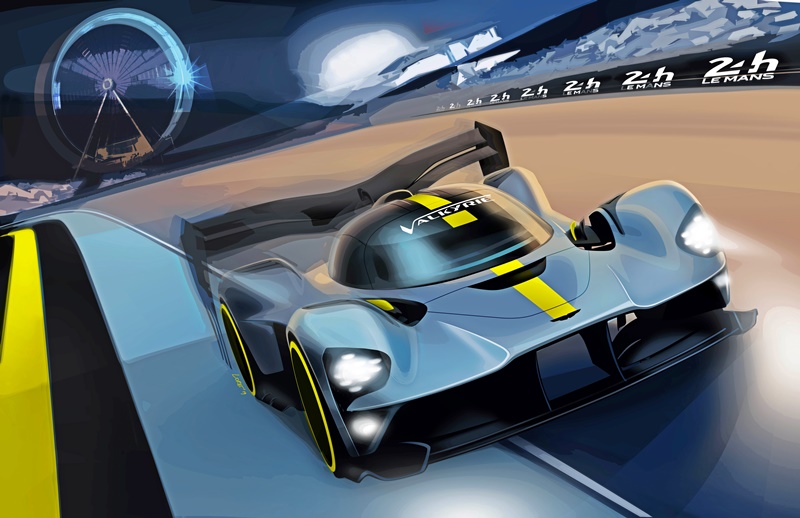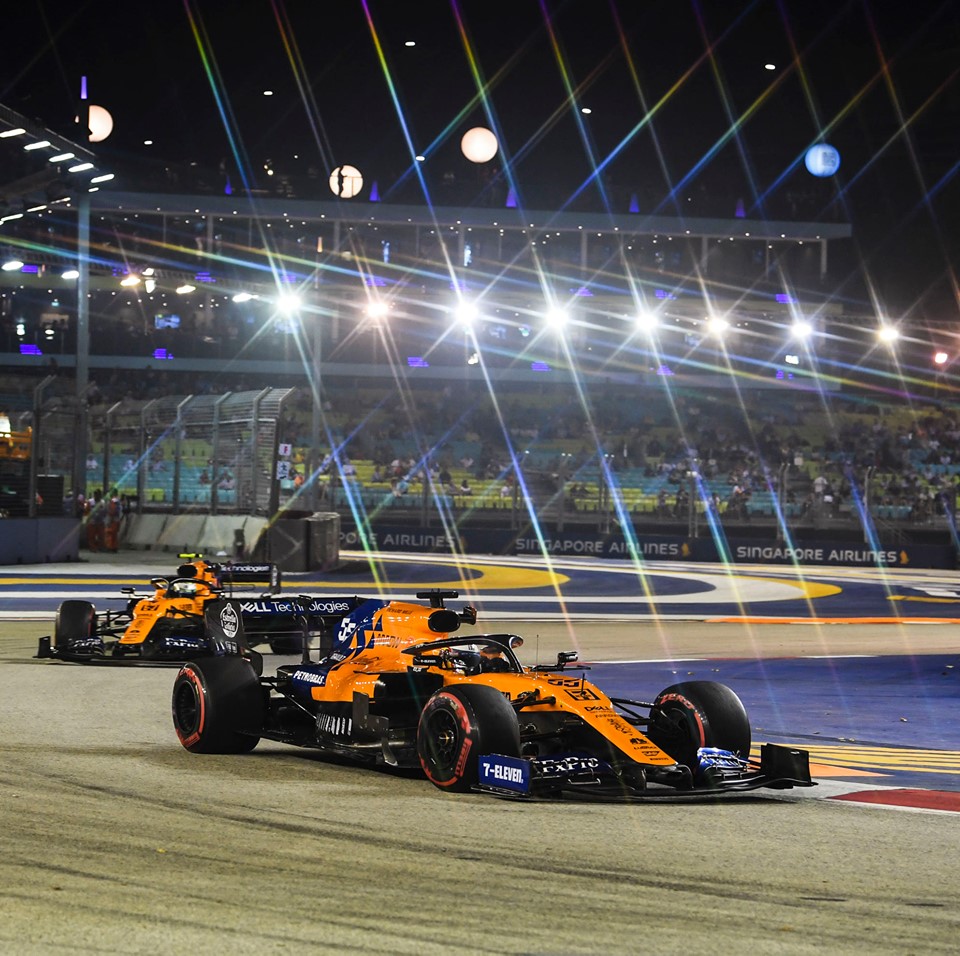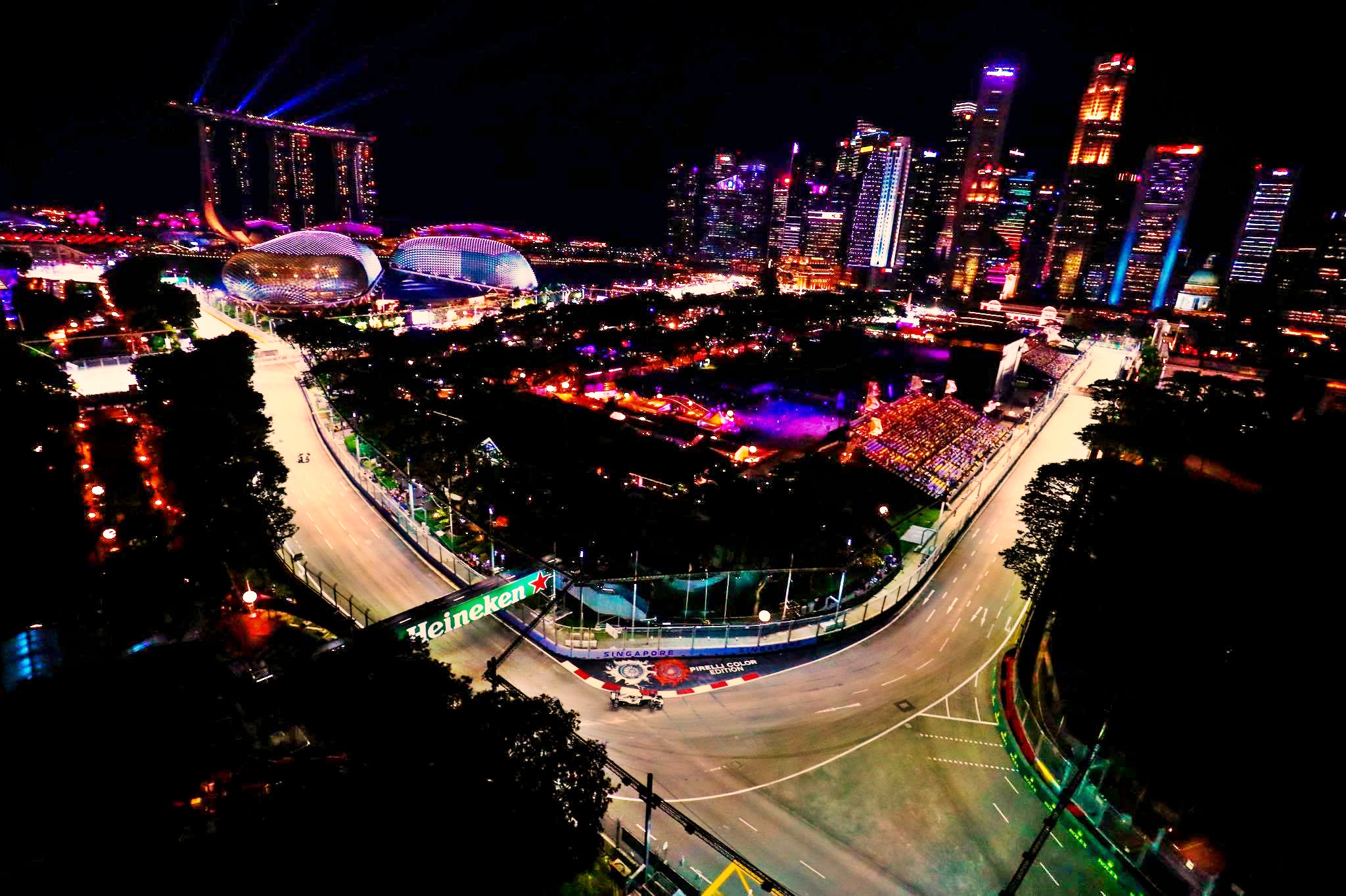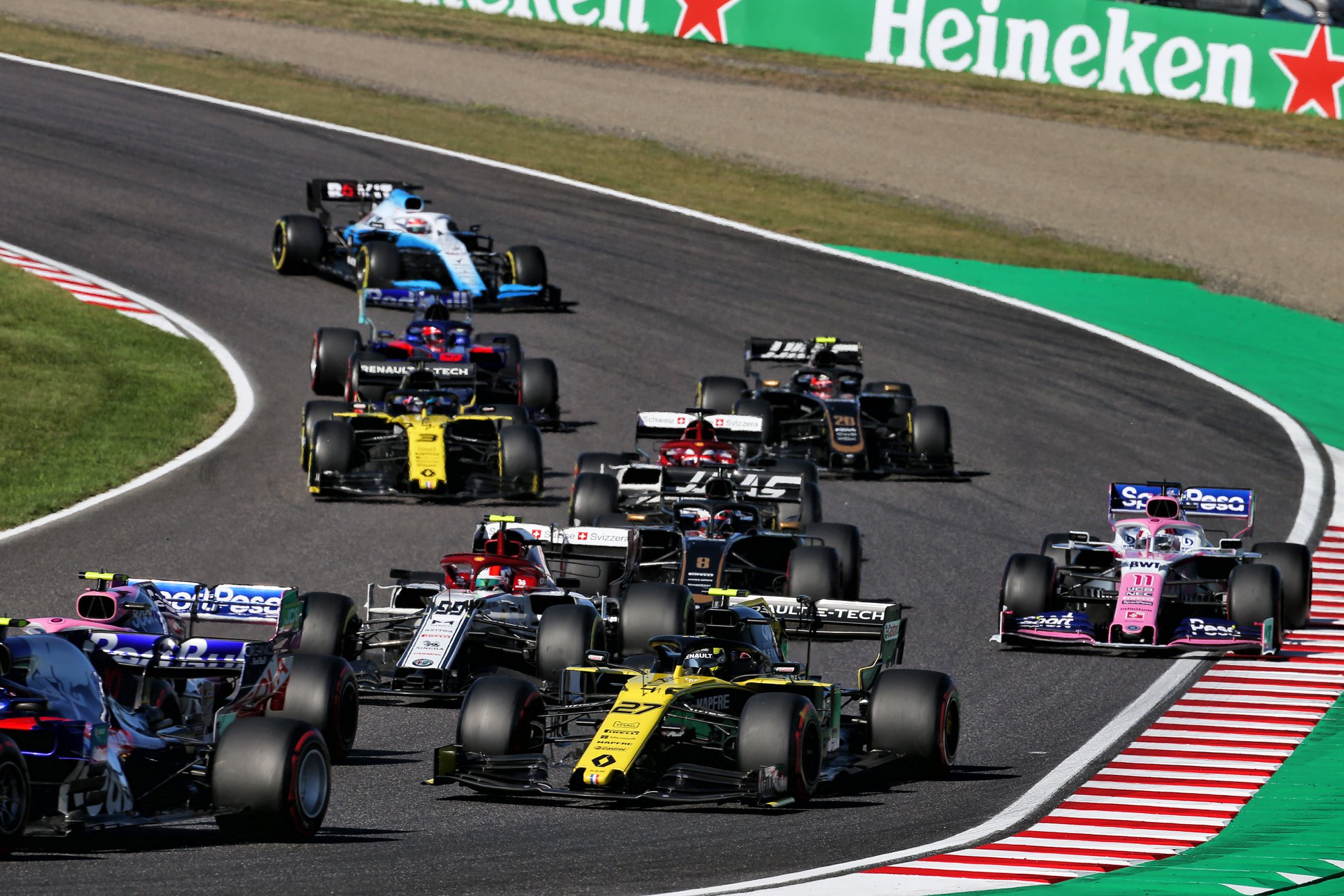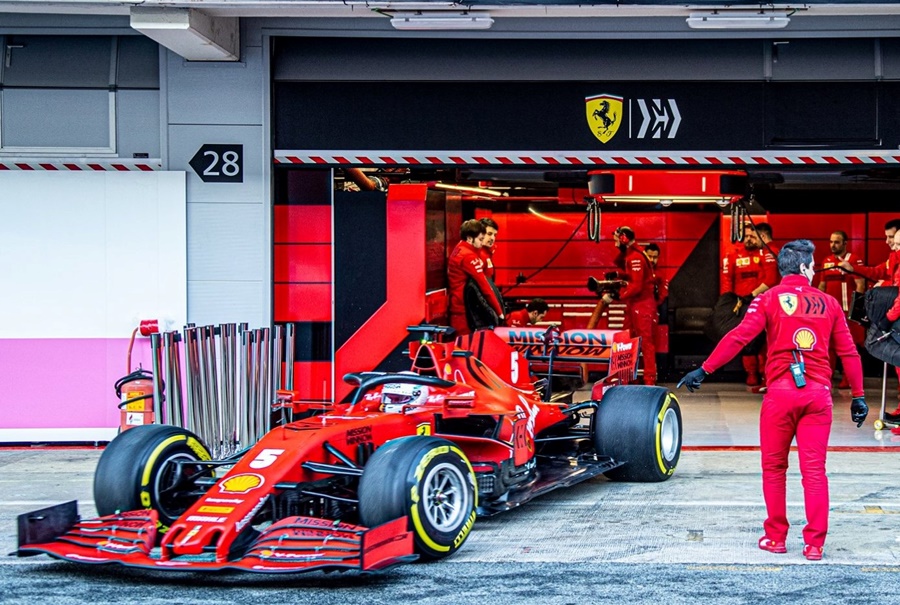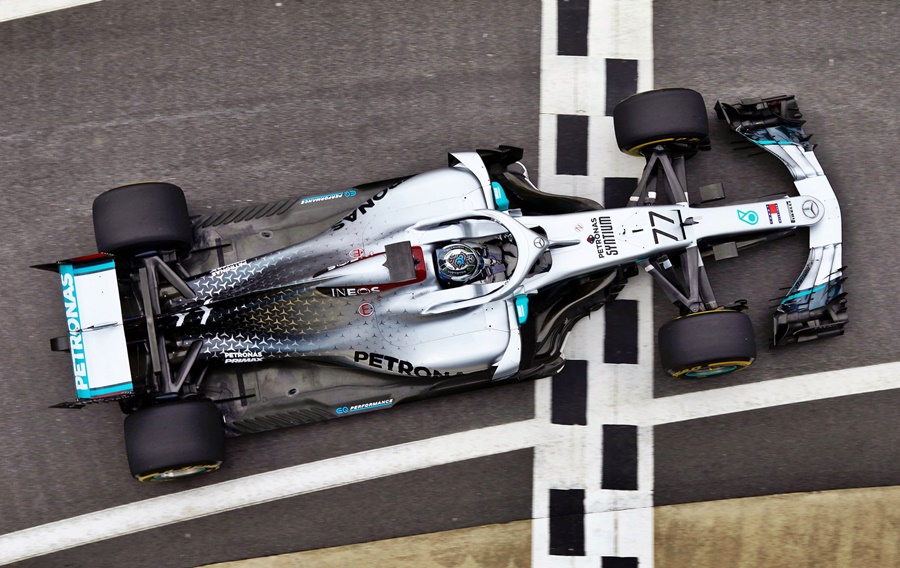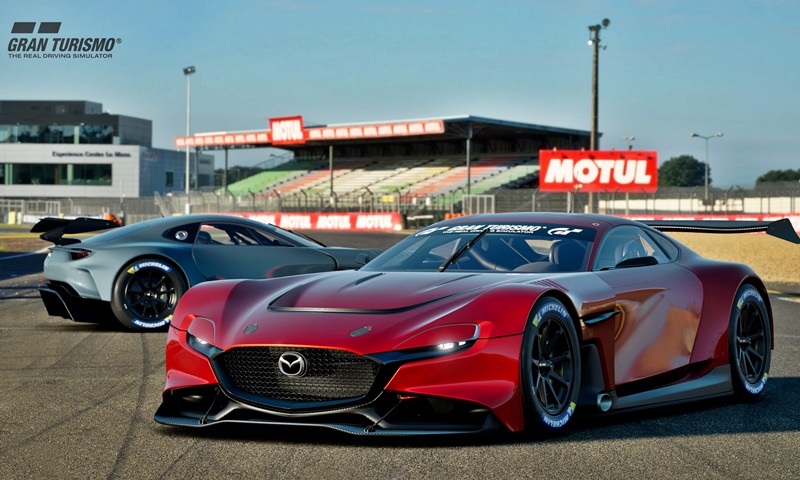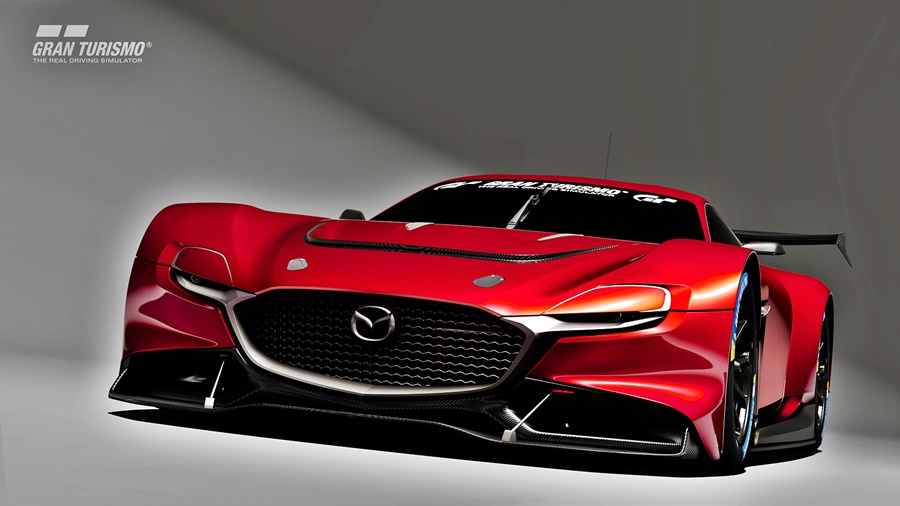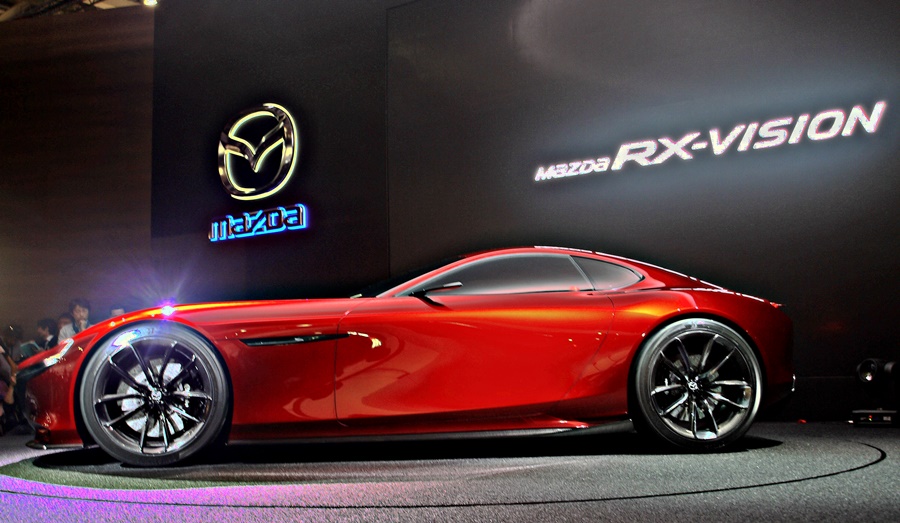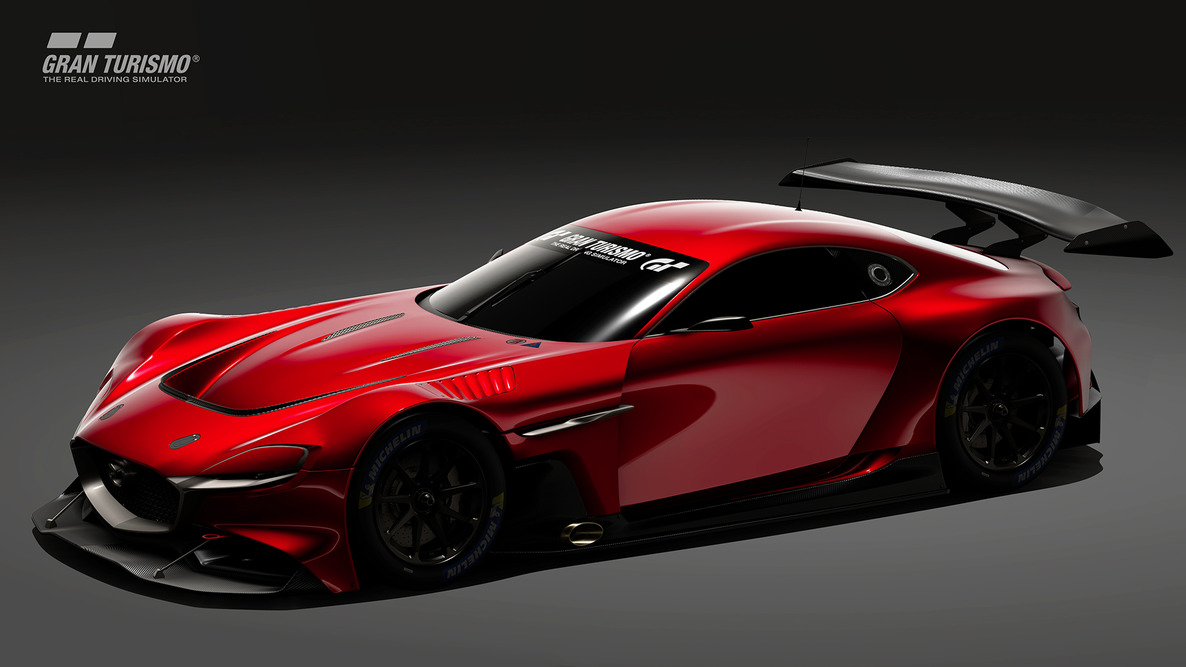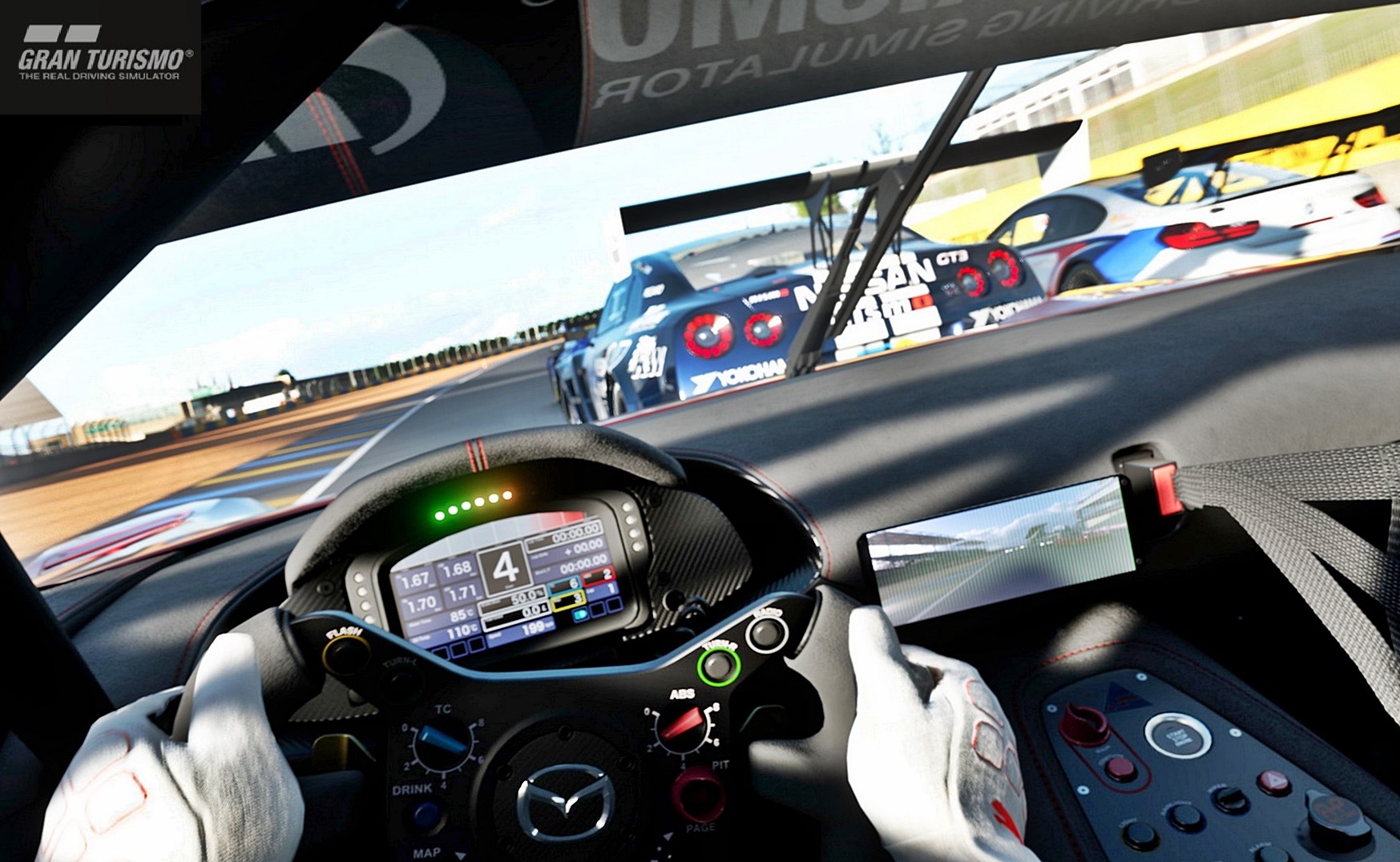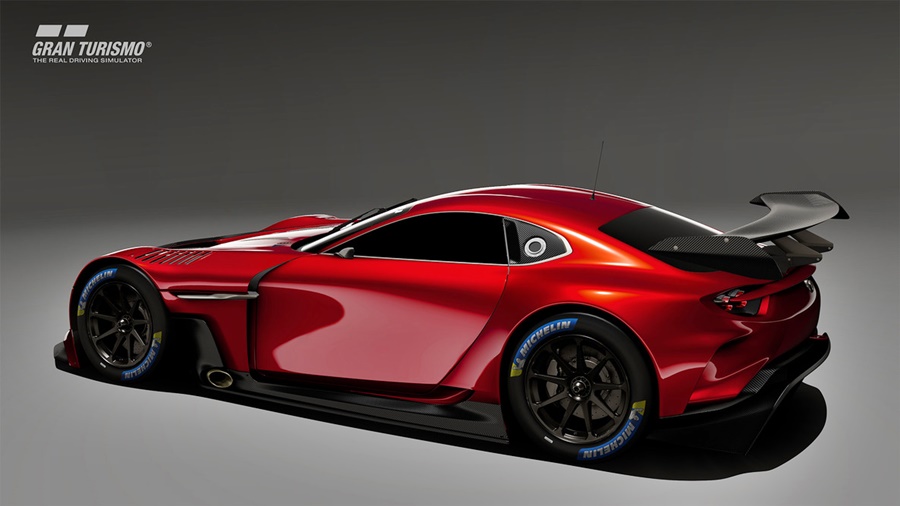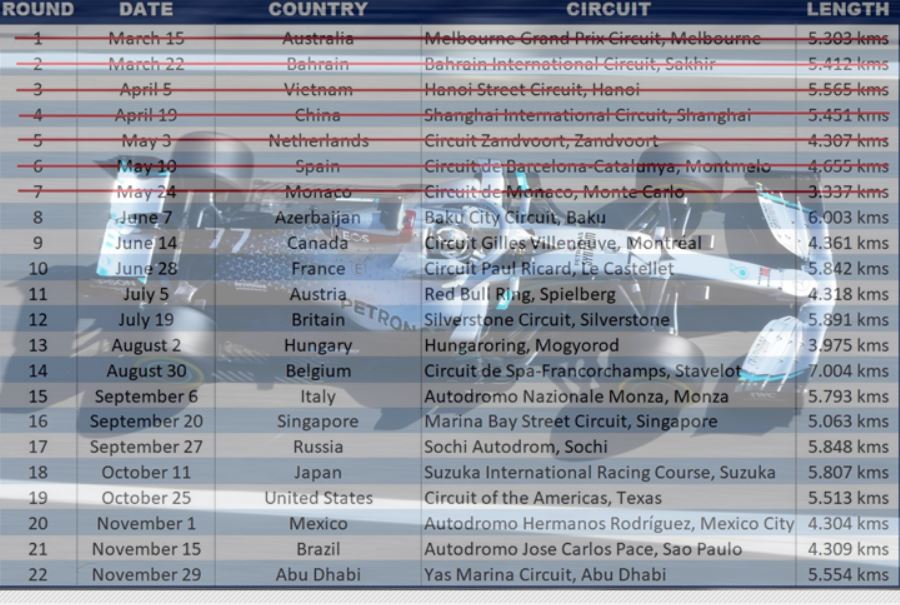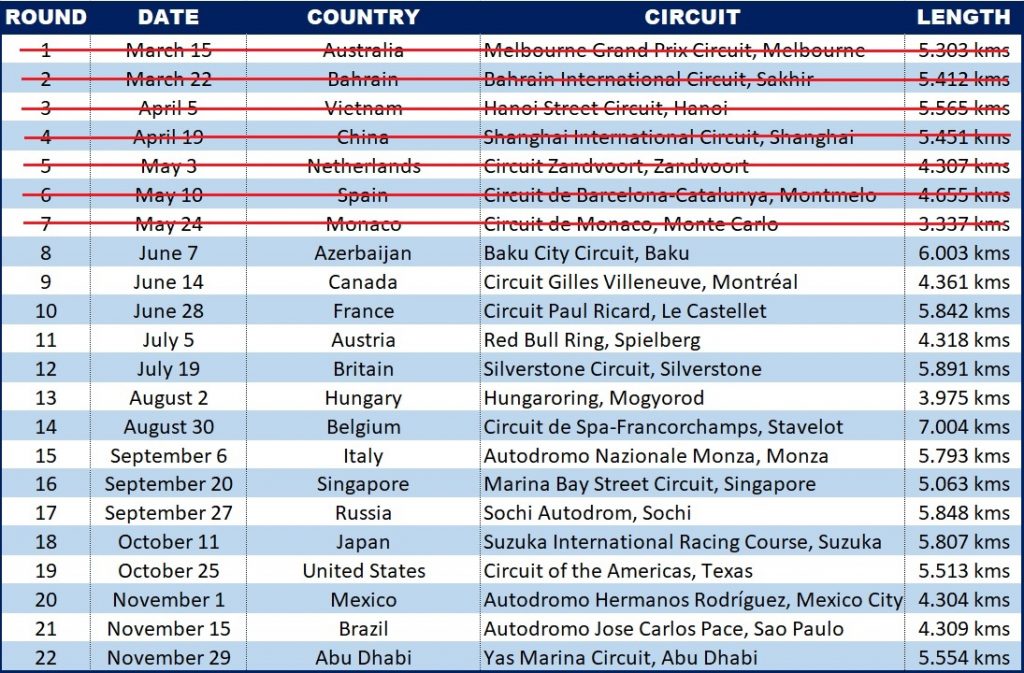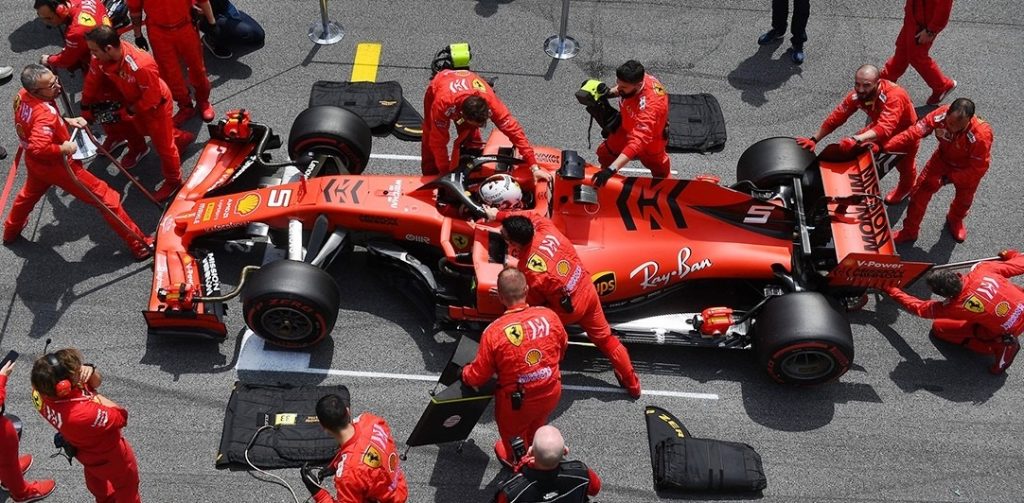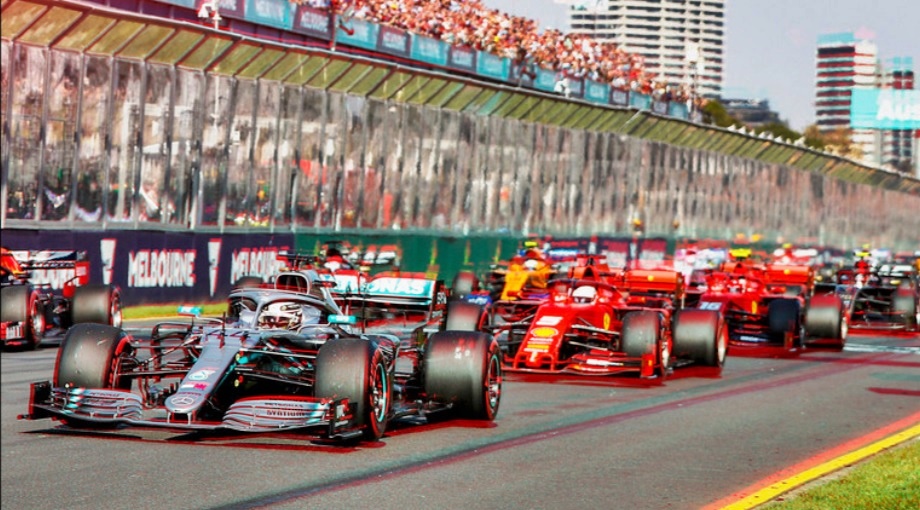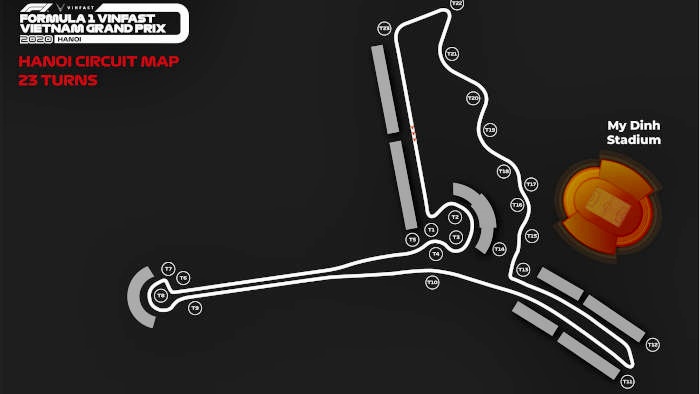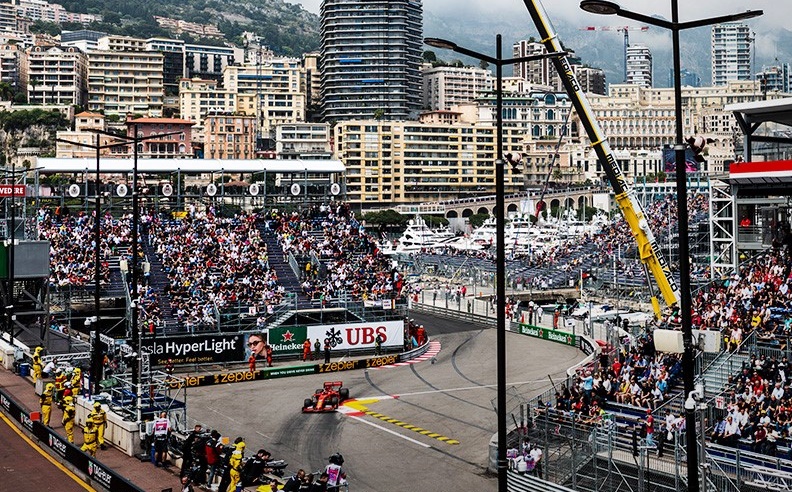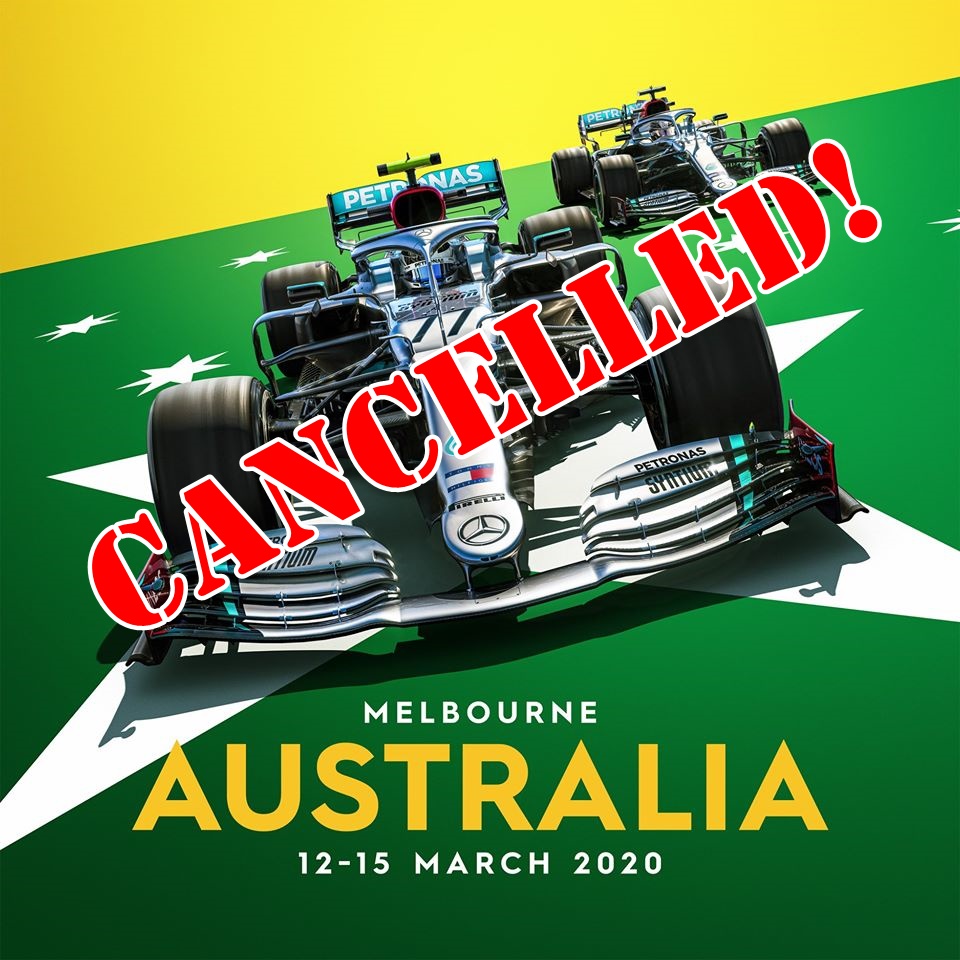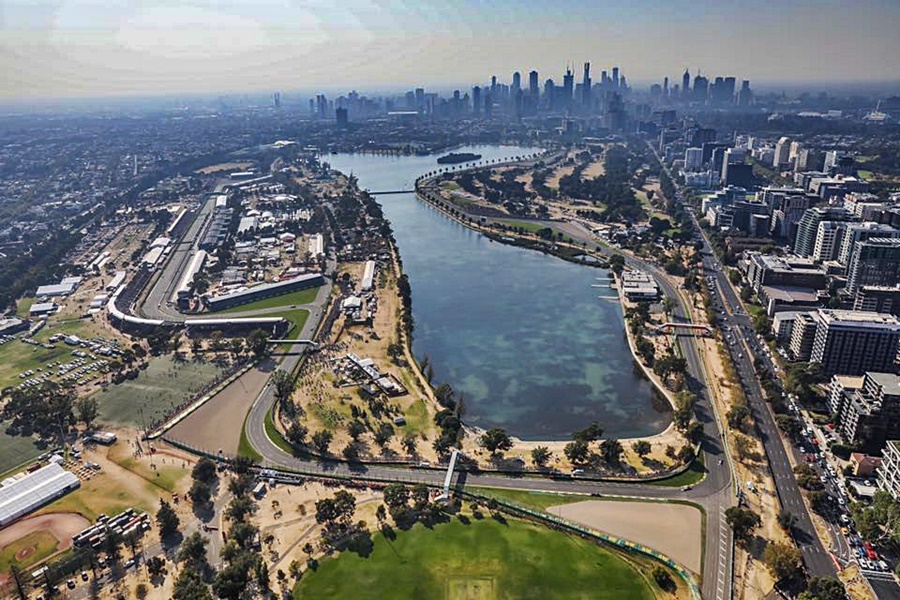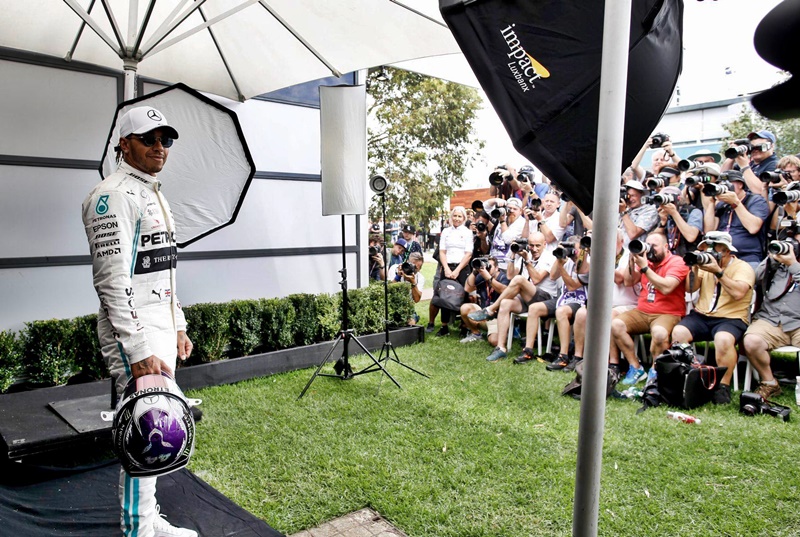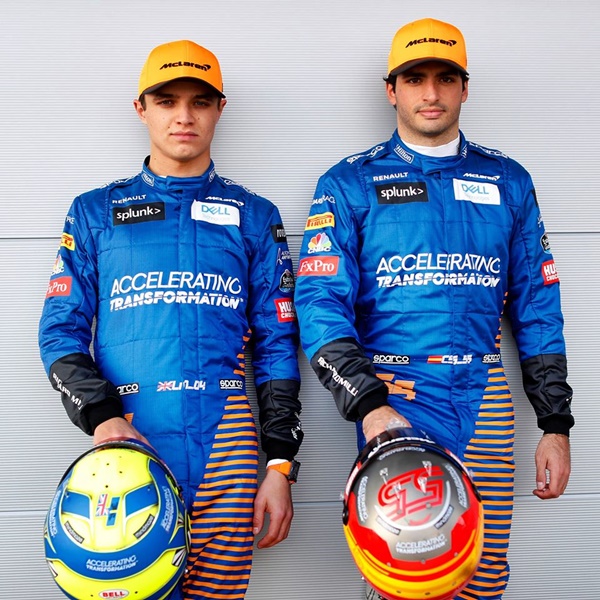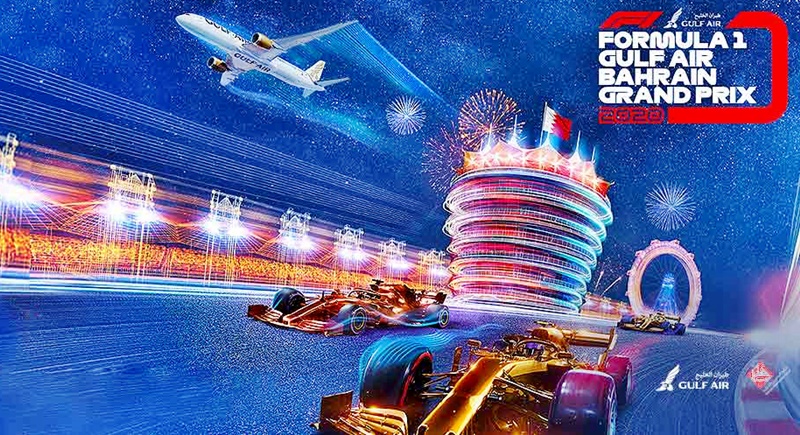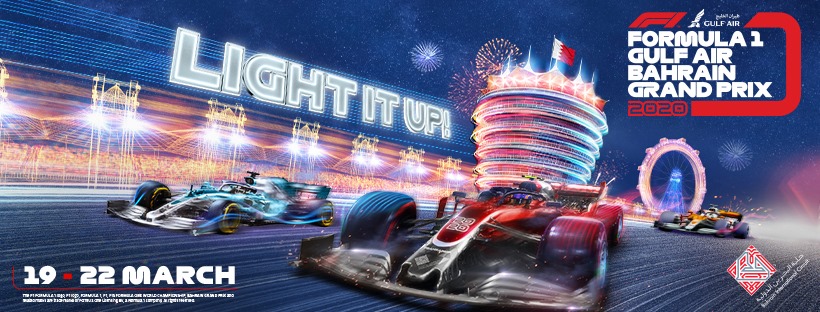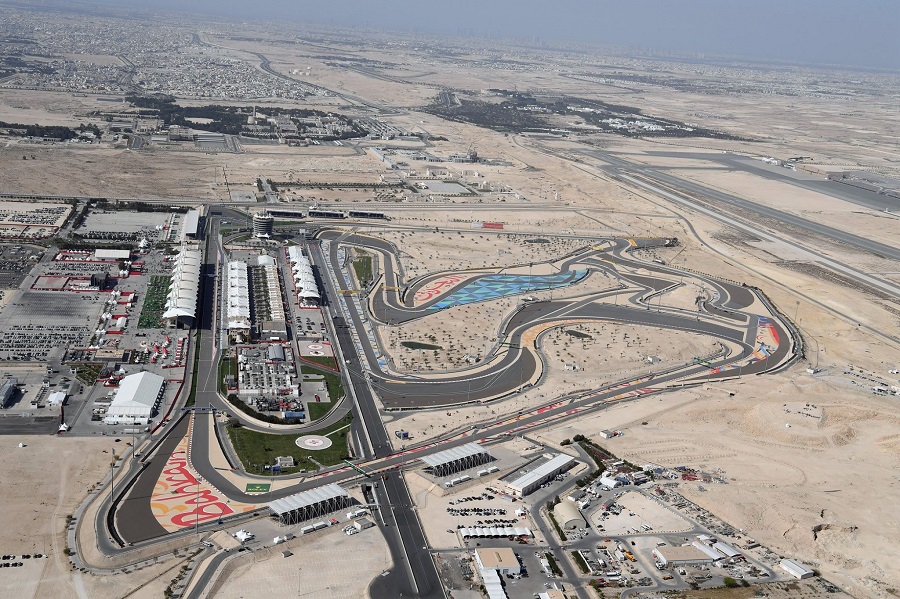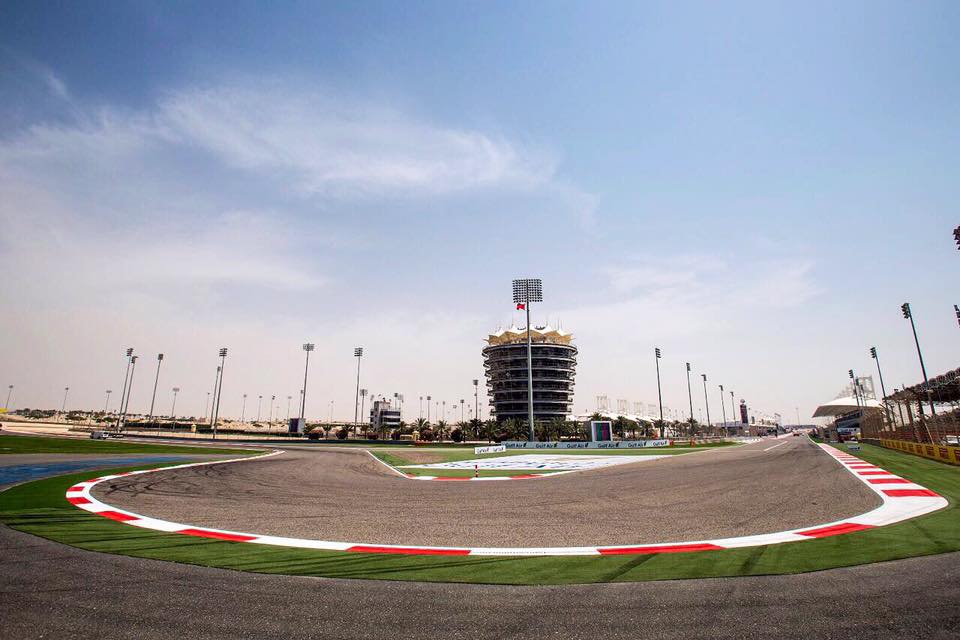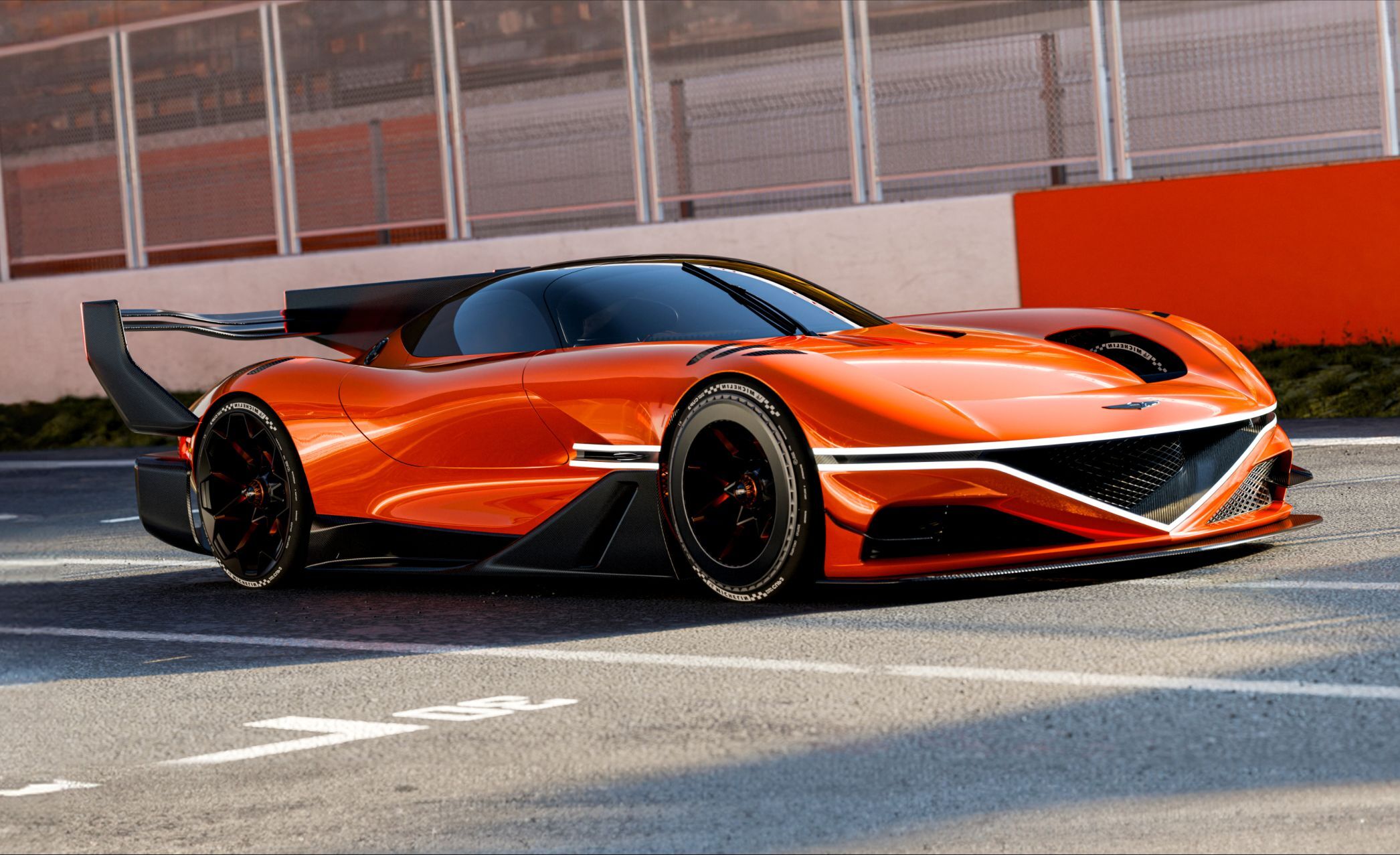Race starts at 3:10 pm in Austria | 9:10 pm in Malaysia
After a delay of almost 16 weeks, the 2020 FIA Formula 1 World Championship at last gets going this weekend with the Austrian Grand Prix at the Red Bull Ring in Spielberg, Austria. The return to racing takes Formula 1’s teams into the green heart of Austria, and to a venue that, despite being one of the sport’s shorter circuits, packs quite a punch.
The Red Bull Ring’s compact configuration, made up of just 10 corners and a sequence of short, fast straights, results in it having one of the quickest laps in the sport. One circuit in a F1 car is regularly below 68 seconds and more than 70% of the lap will be spent at full throttle.
However, the circuit is situated in mountainous country and its altitude at 660 metres above sea level puts power units under more stress than at many venues. The creates issues with cooling of engines, often a headache for teams at this circuit.
It’s a similar tale with brakes. While braking events are few at Spielberg, there are three in particular, at Turns 1, 3 and 4, that arrive in quick succession and that can lead to troublesome overheating.
“It’s great to be back! The new car obviously feels different than the 2018 car we got to test at Silverstone a few weeks ago, but I think we have also been able to continue to improve the car compared to last year, so that’s a big positive,” said reigning World Champion, Lewis Hamilton.
“The track was a little bit greasy and while the grip will pick up, it feels like the track only improved a very small amount. It was looking good out there today (Friday), but you can never take too much from practice. You never know what power and fuel other teams are running. So we will take today’s result with a pinch of salt, try and improve the car tonight and come back for the fight tomorrow,” he said.
The 20 cars, in action for the first time this season, will take to the Austrian track more than 4 months after the end of pre-season testing in Barcelona. 6-time Constructors’ Champion Mercedes-AMG remained the benchmark, though Red Bull Racing looked to have gained ground on the Silver Arrows. Ferrari, meanwhile, had an inconclusive test phase and left the Spanish track with more questions to ask than were answered during testing.
“We didn’t have any trouble with the cars. It was good for us all to be back at the track and it was good to see that the team got up to speed fairly quickly and had no problems running through all the procedures. In terms of speed and competitiveness, it was an interesting day. I think we’ve seen that we are not at the top, that we are not the favourites,” said Ferrari’s Sebastian Vettel. “It’s up to us to develop and work so that the car gets faster. We’re lacking grip and downforce compared to others. So it’s a mix of all these things.”
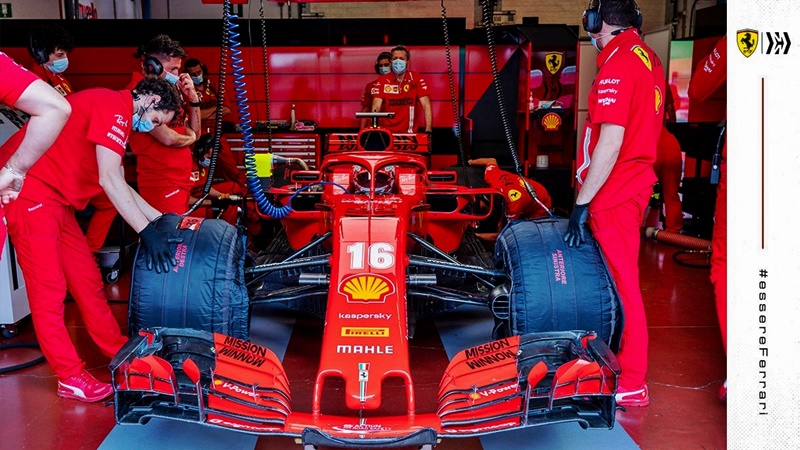
However, the world has changed immeasurably since and the teams have been though the longest shutdown in the sport’s history. Work resumed on this season’s cars only at the beginning of June and in Austria, things could be very different. The 2020 championship may well be the most unpredictable in recent memory.
This will be the 33rd World Championship Austrian Grand Prix. The first was held in 1964 on a circuit at an airbase. Constructed close by, the Osterreichring made its calendar debut 50 years ago in 1970 and hosted the race until 1987. A shortened version of the circuit, named the A1-Ring, was used between 1997 and 2003, and now called the Red Bull Ring, the track has hosted the race since 2014.
This will be the first time a Formula 1 season has started in Austria. It is also the latest start to a season in the history of the championship, beating the previous record holder, the 1951 season, by 37 days. That year, the first race of the season took place on May 27, in Monaco.
Alain Prost has been the most successful driver at the Austrian Grand Prix with victories for Renault in 1983 and then McLaren in 1985 and 1986. Red Bull Racing’s Max Verstappen, who won in 2019, can this weekend match Prost’s record and become the first driver to take 3 consecutive wins in Austria.
As for teams, McLaren has been the most successful constructor at the Austrian Grand Prix with 6 wins. Niki Lauda won for the British team in 1984, while Prost’s double was followed by victory for Mika Hakkinen in 1998 and 2000. David Coulthard took the team’s last win in Austria, which was 19 years ago.
2020 F1 championship to start in July with up to 18 races planned in 6 months





